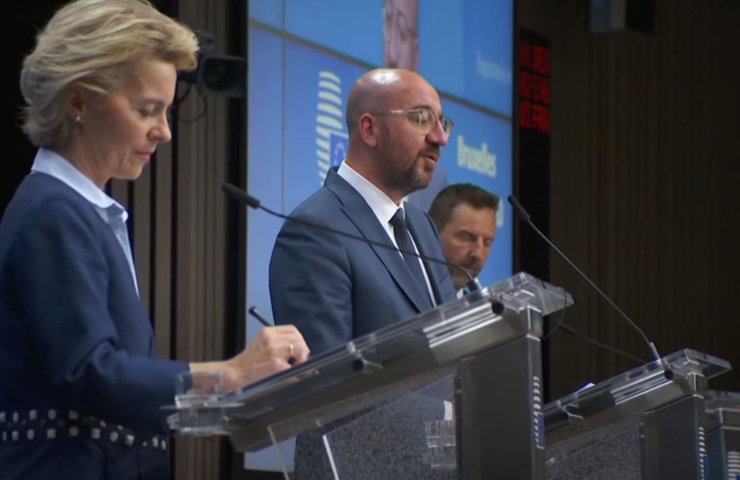At the end of which lasted 4.5 hours of talks in the format of a videoconference, EU leaders approved a program of emergency support to the economy to 540 billion euros, but has deferred a decision on creation of the future long-term Fund and instructed the Commission until may 6 to develop its parameters.
According to the diplomatic sources, the Fund may take up to 2 trillion euros.
"This Fund needs to be sufficiently ambitious, focused on the most affected sectors and geographical regions of Europe and should be aimed at overcoming this unprecedented crisis," said Charles Michel, European Council President.
Germany, the Netherlands and several States are opposed to the release of the pan-European securities, the so-called "coronamento", which would be allowed to raise money under the General warranty of all the countries of the community. In this regard, the European Commission President Ursula von der Leyen has warned that EU States will have to increase their contributions to the community budget of 1,2% to 2% of GDP over the next 2-3 years to Finance recovery after the pandemic coronavirus.
Germany, which is the engine of the European economy, declares that it is ready to increase their contributions to the General Fund. It is supported by Italy and Spain, are pushing for the adoption of collective debt.
in two weeks, EU leaders will meet again to continue negotiations.




